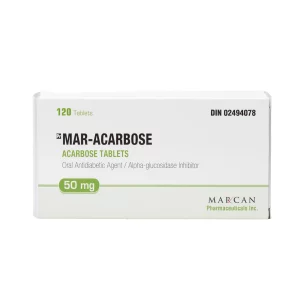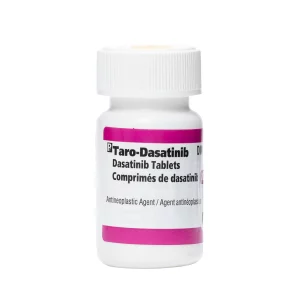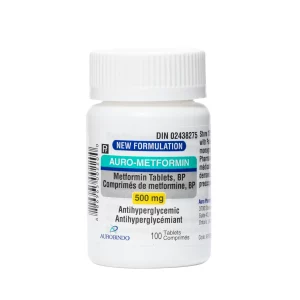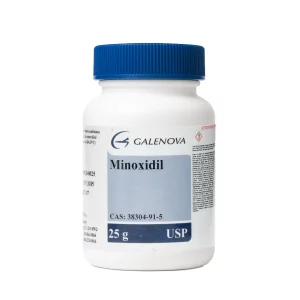Your cart is empty.
Your cart is empty.
Dasatinib is a well-known drug originally developed for leukemia treatment, but it is gaining attention outside of oncology. New research is uncovering Dasatinib anti-inflammatory benefits, making it a growing focus in longevity and wellness circles. Inflammation is the body’s natural immune response to injury or infection, but when inflammation becomes chronic, it can silently contribute to aging and many diseases.
This article explores how Dasatinib may help reduce this harmful “silent inflammation” and what current science reveals about its potential uses. You will also find helpful links to learn more about Dasatinib longevity, Dasatinib brain health, and where to Shop Dasatinib at Elivena.
Dasatinib is a type of drug called a tyrosine kinase inhibitor. It was originally developed to treat leukemia by blocking certain abnormal proteins that cause cancer cells to grow and divide uncontrollably. By inhibiting these proteins, Dasatinib helps slow or stop the spread of cancer.
More recently, researchers have started exploring Dasatinib’s effects beyond cancer. This includes its ability to target cells involved in aging and inflammation, opening the door to potential uses in anti-aging and reducing chronic inflammation.

Inflammation is the body’s natural defense system. When you get injured or infected, inflammation helps fight off threats and begins the healing process. This type of inflammation, called acute inflammation, is helpful and temporary.
However, inflammation can also become chronic, meaning it lasts a long time even without injury or infection. Chronic inflammation is harmful because it can damage tissues over time and is linked to aging and many health problems. These include heart disease, arthritis, and decline in brain function.
Reducing chronic inflammation is therefore important for supporting healthy aging and preventing disease.
Dasatinib reduces inflammation in a unique way. Beyond its cancer-fighting action, it helps remove senescent cells, which are old or damaged cells that no longer divide but release inflammatory signals. These “zombie” cells can accumulate with age and contribute to chronic inflammation.
Drugs that target and clear these aging cells are called senolytics. Dasatinib is one such senolytic. By removing senescent cells, it may help lower the levels of inflammatory molecules in the body, which can reduce overall inflammation and its harmful effects.
Animal studies have shown promising results for Dasatinib’s anti-inflammatory effects. In various experiments, Dasatinib reduced markers of inflammation in tissues such as joints, lungs, and even the brain.
For example, some studies found that Dasatinib decreased neuroinflammation, the inflammation that happens in the brain and nervous system. Other research demonstrated that Dasatinib helped reduce joint inflammation in arthritis models.
While these findings are encouraging, most research is still at the early or preclinical stage, meaning it has been tested in animals or cells but not yet fully in humans.

Brain inflammation is a key factor in cognitive decline and neurodegenerative diseases like Alzheimer’s. When brain immune cells called microglia become overactive, they release inflammatory chemicals that damage neurons.
Studies suggest that Dasatinib may reduce microglial activation, lowering brain inflammation. This effect has made Dasatinib a candidate for further research on brain health and neurodegenerative disorders.
Research into Dasatinib brain health is ongoing, with hope that it may support cognition by calming harmful inflammation in the brain.
Some longevity-focused individuals are using Dasatinib off-label to target chronic inflammation and promote healthy aging. These users often follow low-dose or pulsed protocols, taking the drug intermittently rather than continuously.
It’s important to stress that this kind of use is experimental. Dasatinib is not officially approved for anti-inflammatory use outside of cancer treatment, and anyone considering it should consult with a healthcare professional for guidance and safety monitoring.
How Dasatinib Compares to Other Anti-Inflammatory Strategies
Compared to common supplements and medications like curcumin, omega-3 fatty acids, or NSAIDs (non-steroidal anti-inflammatory drugs), Dasatinib offers a different approach. While supplements and NSAIDs typically work by blocking inflammatory signals, Dasatinib targets the root source—senescent cells that produce those signals.
This unique mechanism positions Dasatinib as a next-generation anti-inflammatory agent under investigation. It aims not just to suppress inflammation temporarily but to reduce the underlying cellular causes.
Research on Dasatinib’s anti-inflammatory benefits is expanding rapidly. Ongoing studies are focusing on how it might support healthy aging, brain health, and chronic disease prevention. Human clinical trials will be crucial to confirm safety and effectiveness for these new uses.
Longevity clinics and researchers are watching Dasatinib closely as part of the search for effective anti-inflammatory therapies. For now, it is best to stay informed but cautious, as science continues to evolve.
Dasatinib may help remove senescent cells that produce chronic inflammation, supporting healthier aging.
Some people use it off-label to reduce inflammation, but it’s not FDA-approved for this use.
It may target senescent cells, damaged cells that release inflammatory signals, and help clear them from the body.
Early studies suggest it may reduce neuroinflammation, but more research is needed to confirm this.
Unlike supplements that block inflammation, Dasatinib removes the source by targeting senescent cells that cause inflammation.
Its use for inflammation is experimental and should only be done with medical supervision.
Dasatinib’s emerging role in reducing chronic inflammation offers exciting possibilities for supporting healthy aging and longevity. By targeting senescent cells, the root source of persistent inflammation, Dasatinib goes beyond traditional anti-inflammatory methods.
While current research is promising, much of it remains early-stage, and more human studies are needed to confirm its benefits and safety. For those interested in exploring dasatinib longevity or brain health, it’s crucial to consult healthcare professionals and proceed cautiously. As science advances, Dasatinib could become a valuable tool in the fight against age-related inflammation and disease. Stay informed and patient as this field evolves.


Acarbose blocks carbohydrate breakdown in the small intestine, preventing rapid glucose absorption spikes.

Dasatinib eliminates senescent cells through selective apoptosis, clearing age-damaged tissues from the body.

Metformin inhibits hepatic glucose production while enhancing insulin sensitivity, offering cost-effective Type 2 diabetes management.

Minoxidil dilates scalp blood vessels, increasing nutrient delivery to hair follicles while extending the anagen growth phase duration.
Unlock savings on bundles and elevate your online experience today!